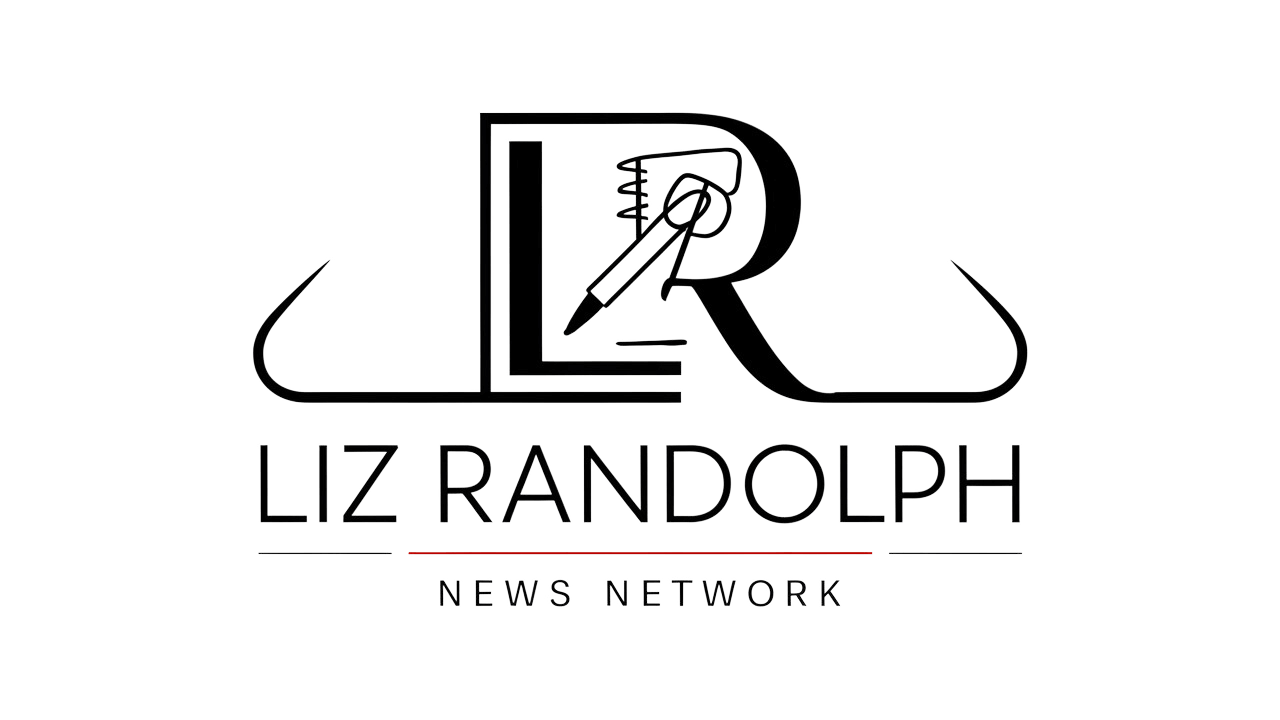
In times of economic downturn, maneuvering through the complexities of financial management becomes paramount. As individuals face the challenge of sustaining their financial well-being during a recession, strategic planning and prudent decision-making are essential. However, the path to financial resilience amidst economic uncertainties is multifaceted, requiring a blend of foresight, discipline, and adaptability. By exploring innovative approaches and adopting a proactive mindset towards managing finances, individuals can position themselves for stability and growth even in the face of adversity.
Assessing Current Financial Situation
To effectively navigate through a recession, it is essential to begin by thoroughly evaluating one's current financial standing. This evaluation should encompass creating a detailed financial inventory that includes determining the total amount of debt owed, reviewing all financial accounts to understand current assets, and checking balances in retirement accounts to gauge long-term financial health. It is vital to identify essential expenses versus discretionary spending to establish a clear budgeting strategy. By listing any past due bills and prioritizing outstanding obligations, individuals can better manage their financial commitments during uncertain times, such as job losses. Examining the current financial situation also involves ensuring the presence of an adequate emergency fund to cover unforeseen expenses and emergencies. By conducting a thorough review of all these aspects, individuals can proactively plan and make informed decisions to secure their financial well-being during a recession.
Building an Emergency Fund
Building an essential emergency fund is a vital financial priority during uncertain economic times. Ideally, an emergency fund should cover 6 to 9 months of living expenses to provide a buffer against unexpected events like job loss or medical emergencies. However, studies show that a concerning number of Americans are unprepared in this aspect, with 57% having less than $1,000 in their savings accounts and 28% having no emergency savings at all. This lack of preparation can lead to increased financial stress during a recession or when faced with unforeseen circumstances. By prioritizing the establishment of an emergency fund, individuals can proactively protect themselves from financial instability. Having this safety net not only cushions the impact of unexpected events but also allows for a sense of control and security in times of economic uncertainty. Therefore, incorporating building an emergency fund into overall financial planning is crucial for long-term financial stability and peace of mind.
Creating a Detailed Budget Plan
When starting on the journey to financial stability, one essential step is creating a detailed budget plan. Begin by calculating your total monthly income and listing all essential expenses such as rent, utilities, groceries, and insurance. Allocate specific amounts to these necessities in your budget to make sure they are covered. Additionally, include discretionary spending categories like entertainment, dining out, and shopping to track non-essential expenses effectively.
Monitoring your budget regularly is important to staying within your set spending limits. It is vital to adjust your budget as needed to align with your financial goals. Utilize budgeting tools and applications such as Mint or You Need a Budget (YNAB) to help track your expenses efficiently. These tools can assist you in managing your finances and staying on top of your budget plan.
Managing Debt and Outstanding Bills
Effectively managing debt and outstanding bills is vital for maintaining financial stability during challenging economic times. When facing financial hardships, it is important to contact creditors to discuss possible deferment or forbearance arrangements. Understanding the implications of these arrangements on future payments is key to avoid any surprises. Communication with landlords, mortgage companies, utility providers, student loan servicers, and credit card companies is essential to address outstanding bills promptly.
To guarantee effective management of financial obligations, allocate funds from the crisis budget specifically for debt repayment. Additionally, exploring options such as loan consolidation and refinancing can help make debt more manageable and potentially reduce overall expenses. By taking proactive steps to address debts and outstanding bills, individuals can navigate through tough financial situations with greater control and confidence. Remember, staying organized and communicating openly with creditors are vital strategies for successfully managing debt during challenging economic times.
Communicating With Lenders and Service Providers
Effective communication with lenders and service providers is vital during times of financial hardship. Negotiating payment terms, exploring relief options, and seeking payment extensions are key strategies to address financial challenges. By proactively engaging in discussions with creditors and service providers, individuals can work towards finding feasible solutions to manage their financial obligations.
Negotiating Payment Terms
To navigate financial challenges during a recession, individuals should proactively engage with lenders and service providers to negotiate favorable payment terms for overdue bills. When facing financial strain, it is important to communicate with creditors about potential options such as deferment, forbearance agreements, or setting up a structured repayment plan. By initiating these discussions, individuals can explore tailored payment programs designed to assist those experiencing financial hardships. It is vital to fully comprehend the implications of any agreements on future payments and to maintain open lines of communication with entities like landlords, mortgage companies, utility providers, student loan servicers, and credit card companies. Seeking clarity on available options to address past-due balances and formulating a concrete repayment strategy are key steps in managing finances effectively during challenging economic times.
Exploring Relief Options
During times of financial strain, individuals should initiate discussions with their lenders and service providers to explore relief options for managing past-due bills. When facing financial hardships, it is important to communicate with creditors such as landlords, mortgage companies, utility providers, student loan servicers, and high-interest credit card companies. Inquire about deferment or forbearance programs that can temporarily pause payments and ease financial burdens. However, it is vital to understand the potential implications on future payments after utilizing these options. Stay proactive in discussing your financial situation with creditors to find mutually beneficial solutions. By actively engaging in these conversations, individuals can work towards alleviating financial stress and creating a manageable plan for addressing past-due bills.
Seeking Payment Extensions
Initiate discussions with your lenders and service providers to request payment extensions for past-due bills. Many financial institutions offer programs to assist during financial hardships. Communicating with landlords, mortgage companies, and utility providers can help negotiate payment options that suit your current situation. It's essential to understand the potential impact on payments post-deferment or forbearance agreements. Reach out to student loan servicers and credit card companies to discuss flexible repayment plans that can ease your financial burden. By proactively engaging with these entities and exploring available options, you can work towards managing your finances effectively during challenging times. Remember, clear and open communication is key to finding solutions that work for both parties.
Reallocating Funds and Reducing Expenses
Effectively reallocating funds and reducing expenses is an essential strategy for financial stability during a recession. To bolster savings, consider cutting back on non-essential expenses like dining out and entertainment, which can greatly impact financial stability. Review your subscription services and eliminate those that are not essential, freeing up additional funds that can be directed towards savings or debt repayment. Negotiating lower interest rates on existing loans or credit cards is another way to reduce monthly expenses and improve financial stability.
Implementing energy-saving strategies at home can also contribute to overall cost savings. Simple steps like using energy-efficient appliances, insulating your home, and being mindful of energy consumption can lead to reduced utility bills. By reallocating funds from discretionary spending, cutting back on subscription services, reducing interest rates, and implementing energy-saving strategies, you can enhance your financial stability during a recession.
Exploring Savings and Investment Strategies
As individuals navigate a recession, having an emergency fund to cover at least six months of expenses is essential for financial stability. Additionally, diversifying one's investment portfolio with assets like real estate, quality stocks, and index funds can help mitigate risks and potentially lead to long-term gains. Leveraging tax-advantaged retirement accounts such as 401k and Roth IRA can further optimize one's financial strategy during challenging economic times.
Emergency Fund Importance
Establishing a robust emergency fund is a fundamental pillar of sound financial planning, especially when maneuvering through uncertain economic climates. An emergency fund serves as a financial cushion during unexpected events such as job loss or medical emergencies. It is recommended by financial experts to build an emergency fund equivalent to at least six months of expenses to reduce the need to rely on high-interest debt or liquidating investments during tough times. This fund can be stored in high-yield savings accounts or money market accounts for easy access, helping individuals maintain financial stability and peace of mind in uncertain economic situations.
| Emergency Fund Importance | Benefits |
|---|---|
| Financial Cushion | Provides safety net during crises |
| Avoid High-Interest Debt | Reduces reliance on costly borrowing |
| Job Loss Protection | Assists during unexpected unemployment |
| Medical Emergency Support | Covers unforeseen medical expenses |
| Peace of Mind | Guarantees emotional and financial security |
Diversifying Investment Portfolio
When managing financial uncertainties like a recession, one strategic approach is to explore various savings and investment strategies, particularly by diversifying your investment portfolio. Diversification involves spreading investments across different asset classes to effectively manage risk. Index funds, such as the Total Stock Market Index, provide broad market exposure and help reduce individual stock risk. Additionally, diversifying within asset classes, like investing in various sectors within the stock market, can further mitigate risks. It is crucial to regularly review and adjust your investment portfolio based on market conditions to guarantee alignment with your financial goals. Seeking professional advice can assist in creating a well-balanced investment strategy tailored to your risk tolerance and financial objectives.
Frequently Asked Questions
What Is the Best Thing to Do With Your Money During a Recession?
During uncertain economic periods, it is essential to strategically allocate your resources to weather financial challenges. Evaluating your financial goals, risk tolerance, and time horizon is fundamental before making investment decisions. Diversification across asset classes can help mitigate risk and enhance long-term returns. Regularly review and adjust your portfolio to align with your objectives and adapt to market conditions. Consult with a financial advisor to create a personalized plan that aligns with your financial goals and risk tolerance.
How Can You Be Financially Stable During a Recession?
To achieve financial stability during a recession, individuals should prioritize building an emergency fund, increasing savings, reducing discretionary spending, diversifying investments, and leveraging tax advantages. Seeking guidance from financial advisors and staying informed about economic trends are also vital steps. By following these practices, individuals can better position themselves to weather economic downturns and maintain their financial well-being.
Where Should I Put My Money During a Recession?
During a recession, consider allocating funds to assets like real estate or quality stocks that historically appreciate during economic downturns. Diversification through index funds like the S&P 500 can mitigate risk. Optimize savings through tax benefits from retirement accounts such as 401k and Roth IRA. Utilize tools like the 1031 Exchange for tax-deferred real estate profits. Seek professional advice to tailor an investment strategy based on financial goals and risk tolerance.
Is It Better to Have Cash or Property in a Recession?
In determining whether it is better to hold cash or property during a recession, one must consider the trade-offs between liquidity and long-term wealth accumulation. Cash offers immediate access to funds for emergencies or investments, while property can provide appreciation and rental income over time. A balanced approach of holding both cash reserves for short-term needs and property for long-term growth can offer financial stability during uncertain economic times.
